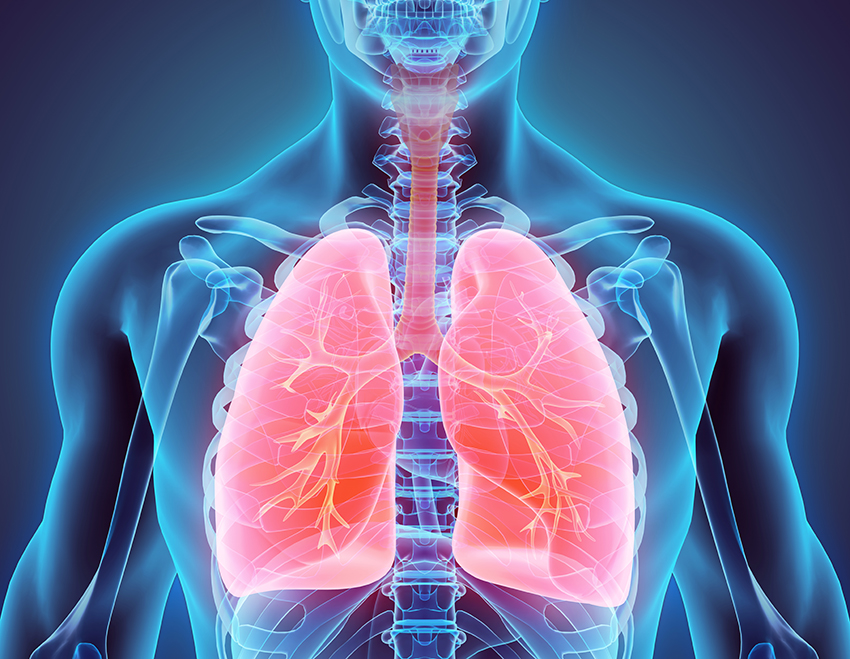Pneumonia causes the oxygen exchange process of the lungs to deteriorate. This affects the body’s respiratory system, leading to shortness of breath and difficulty breathing. There are different levels of severity – from mild to extreme, which can be fatal. Therefore, if you notice irregular conditions of the lungs, it is recommended that you consult a doctor for proper diagnosis and possible treatment. It will alleviate the symptoms and help cure the sickness quickly.
Knowing Pneumonia
Pneumonia or inflammation of the lungs is the inflammation of the air sacs in the lungs and windpipe. There are 3 main causes of pneumonia:
- Infection from
- Bacteria (such as pneumococcus)
- Viruses (such as influenza, SARS)
- Others (such as fungi, parasites)
- Non-infection through
- Choking, with food particles lodged in the lungs
- Inhaling large amount of smoke or dust
- Autoimmune Disorder or Immunity Deficiency Patients
- Systemic lupus erythematosus (SLE)
- Pre-mature babies, twins, malnutrition children
- Elderly
- Alcoholism
- AIDS
- Diabetes
- Someone who takes steroids for an extended period
Sometimes pneumonia may arise as a complication due to another disease such as common cold, flu, tonsilitis, measles, chickenpox, whooping cough, etc.
Warning Signs
The following are observable symptoms of pneumonia:
- Coughing
- Phlegm
- High fever – warm to the touch but shiver intensely
- Difficulty breathing, panting
- Searing chest pain while inhaling
- Strong coughs with shooting pain to the shoulders or ribs
Pneumonia Diagnosis
In diagnosing pneumonia, the doctor will mainly observe and analyze the patient’s symptoms using a stethoscope, to listen to the patient’s lungs as they function. If additional examinations are required, the doctor may utilize other medical tools such as lungs x-ray, blood test, Respiratory Pathogen Panel 33 test, etc. This will depend on the patient’s symptoms and severity of the condition.
Treatment for Pneumonia
Generally, the doctor will determine the treatment for pneumonia appropriate to the symptoms and its cause. For example, if the case of pneumonia comes from an infection, the doctor will prescribe antibiotic accordingly together with regular follow-up sessions. If the symptoms do not abate, additional laboratory tests will be required to determine the cause.
In addition, if the patient is in a high-risk group – e.g., over 65 years old, has chronic disease, is suffering from severe shortness of breath or chest pain, has difficulty swallowing food, etc. –hospitalization may be required for closer observation. This will depend essentially on the doctor’s diagnosis.
Pneumonia Prevention
Maintaining a good health helps keep pneumonia away. In addition, vaccination against inflammation of the lungs is another method of preventing pneumonia, but this requires a prior consultation with a doctor.
Pneumonia is a disease that should not be ignored because prompt diagnosis at the onset of the sickness and timely treatment will not only alleviate the symptoms, but lead to a rapid cure also.












